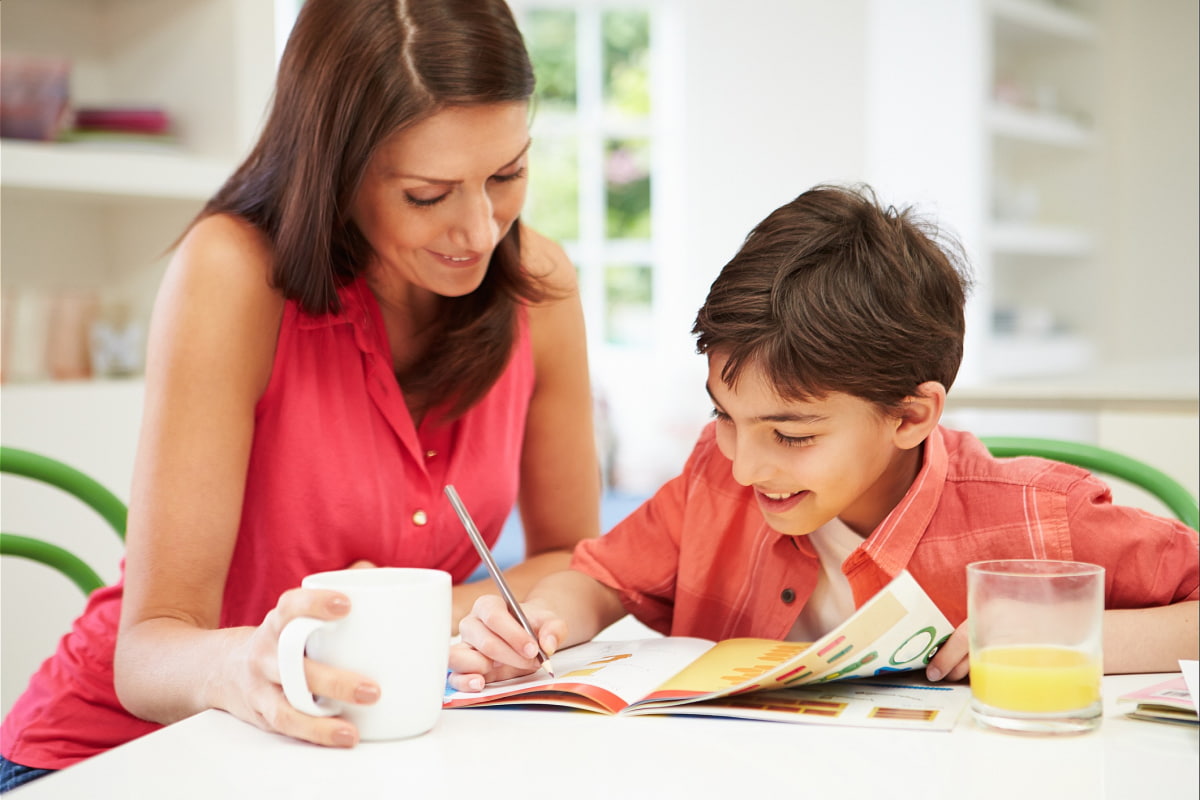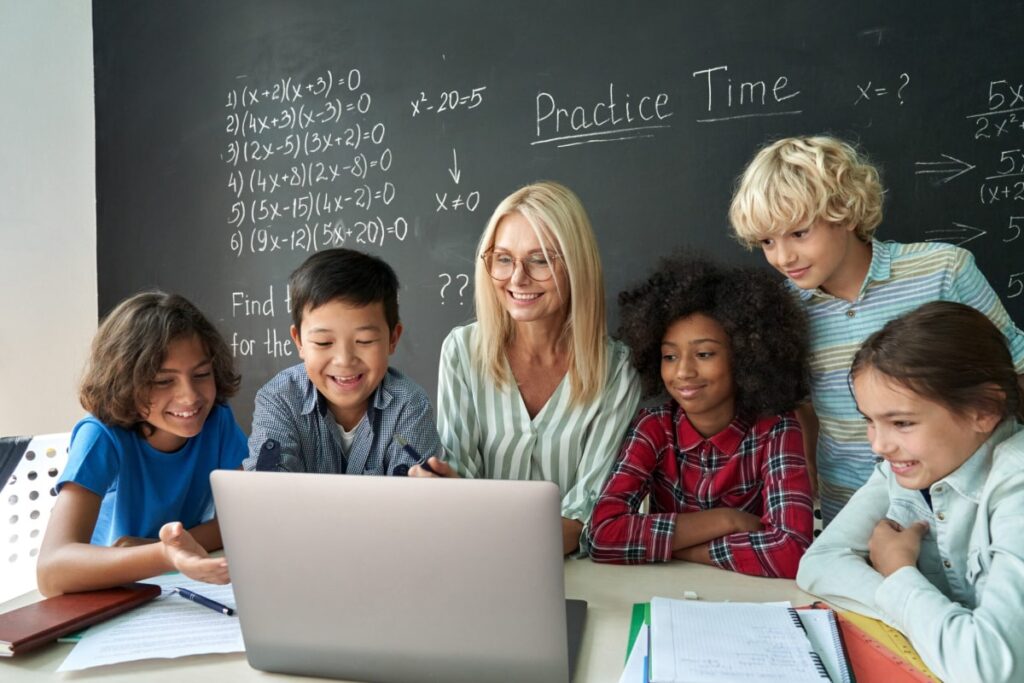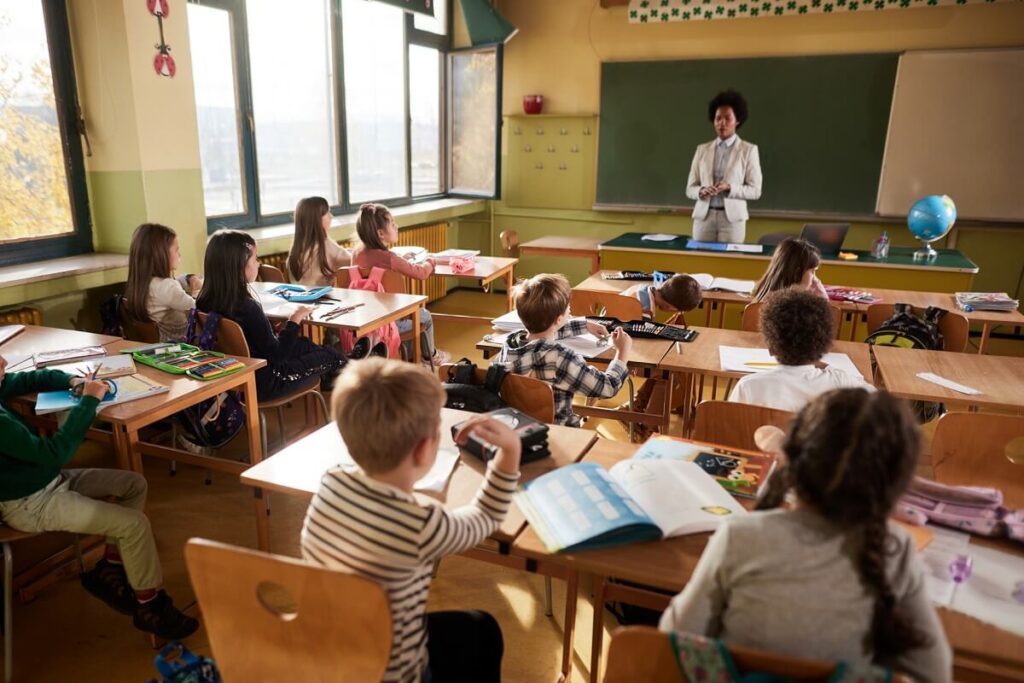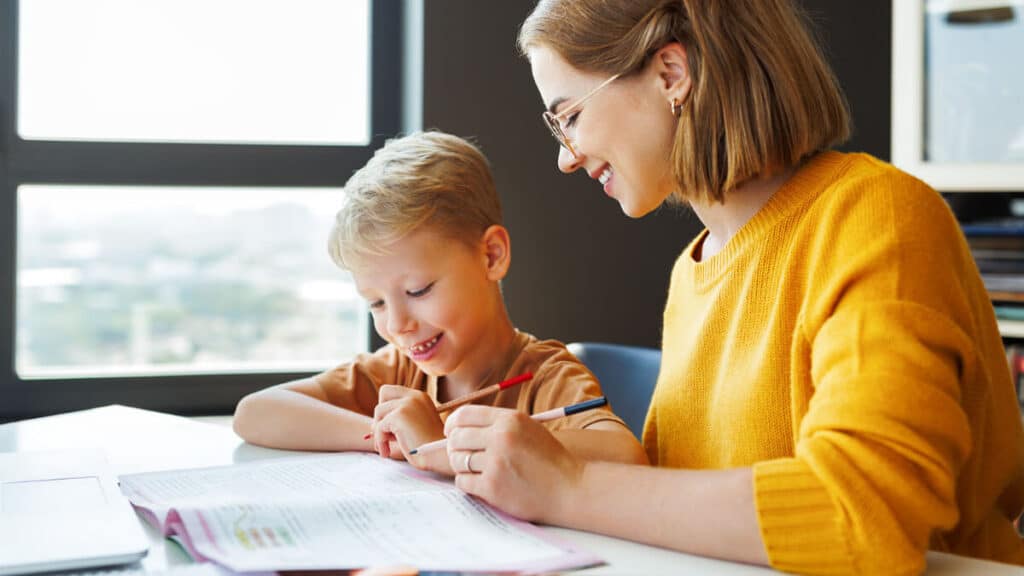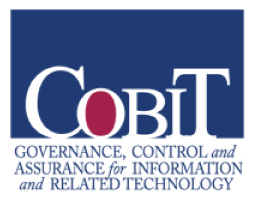When school is out, many students lose knowledge and skills, particularly in mathematics and reading, contributing to the achievement gap (McCombs et al., 2011). Unfortunately, low-income students are at a higher risk of school vacation learning loss than their peers (McCombs et al., 2011). It is vital that students continue learning throughout the entire year. Especially, students with disabilities given that they may have difficulty transitioning from the regular school year to vacation.
There are lots of ways to keep students learning! The perfect time for students to discover that learning is fun and not always based on instruction from a teacher is when students are outside of the classroom.
One way to help students learn during school vacation is to plan a school vacation project! Any project that you plan, may help a student generalize knowledge and skills learned during the school year in a variety of different situations and settings. These projects create learning opportunities for students to maintain knowledge and skills all vacation long.
4 Examples of School Vacation Learning Projects
1. Write in a journal or notebook.
Students can write about family adventures, short stories, or build on a full story from start to finish throughout the break.
2. Plan what books you child will read.
This can be initiated at the beginning of the break by selecting a variety of preferred books that will be read throughout the vacation.
3. Have an old-fashioned lemonade stand!
Let’s not forget about the multiple skills it takes in making and running a lemonade stand. The student will be required to create and write a poster, read, measure and follow a recipe to make lemonade, count money, and add and subtract to issue the correct amount of change.
4. Most importantly, keep it fun and be creative!
For example, the student can make different patterns and shapes from common items around the house (straws, sticks, beads, etc.) and label or match them to identical objects.
Parent Involvement in School Vacation Projects
School vacation projects can be done anytime and anywhere, therefore parents involvement in their child’s out of school learning is crucial to the child’s success. It is important to remember that parents are their child’s #1 educator.
Most schools, especially schools attended by low-income children are set up to teach at the mass scale, not individually.
In addition, unless the child is attending summer school, schools play a limited role in summer learning of students. “Children are in their families and neighborhoods year-round, but they are in school episodically” (Alexander, Entwisle & Olson, 2007).
Ultimately, parents are tasked with the responsibility of ensuring that their children are learning all the time. Therefore, parents need to provide opportunity and reinforcement of their child’s appropriate behavior, whether in school or out of school.
References
